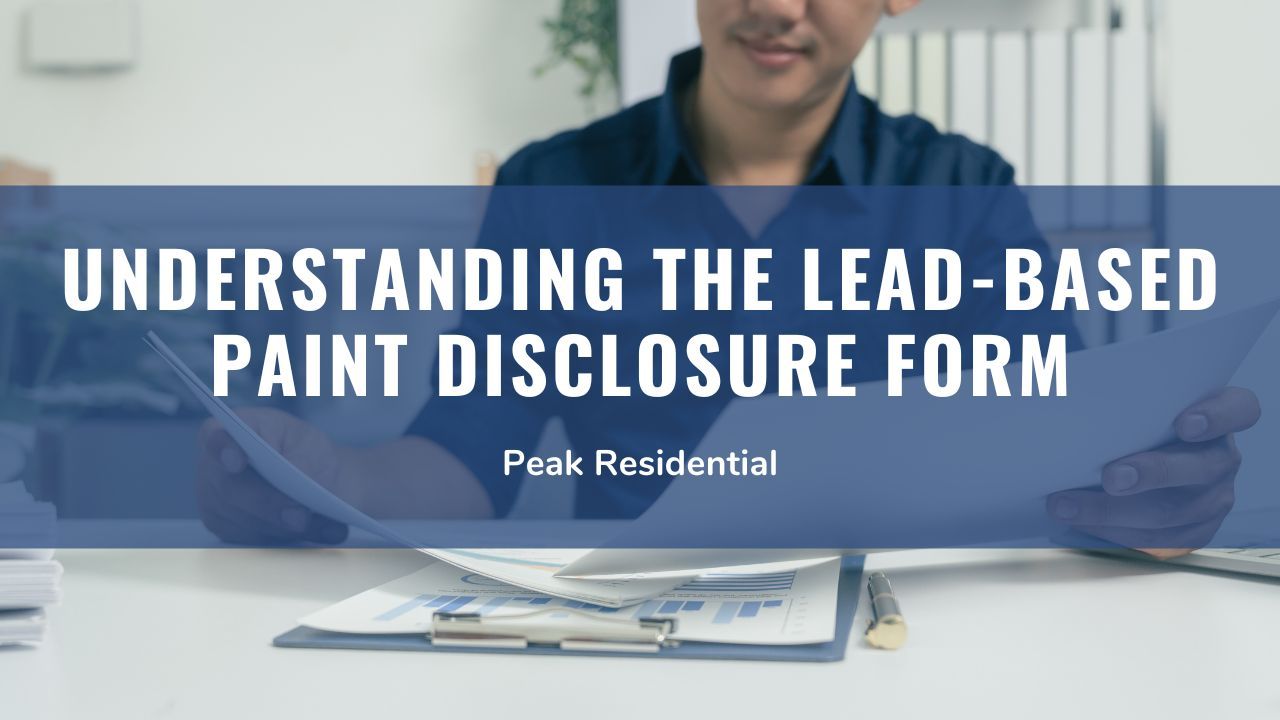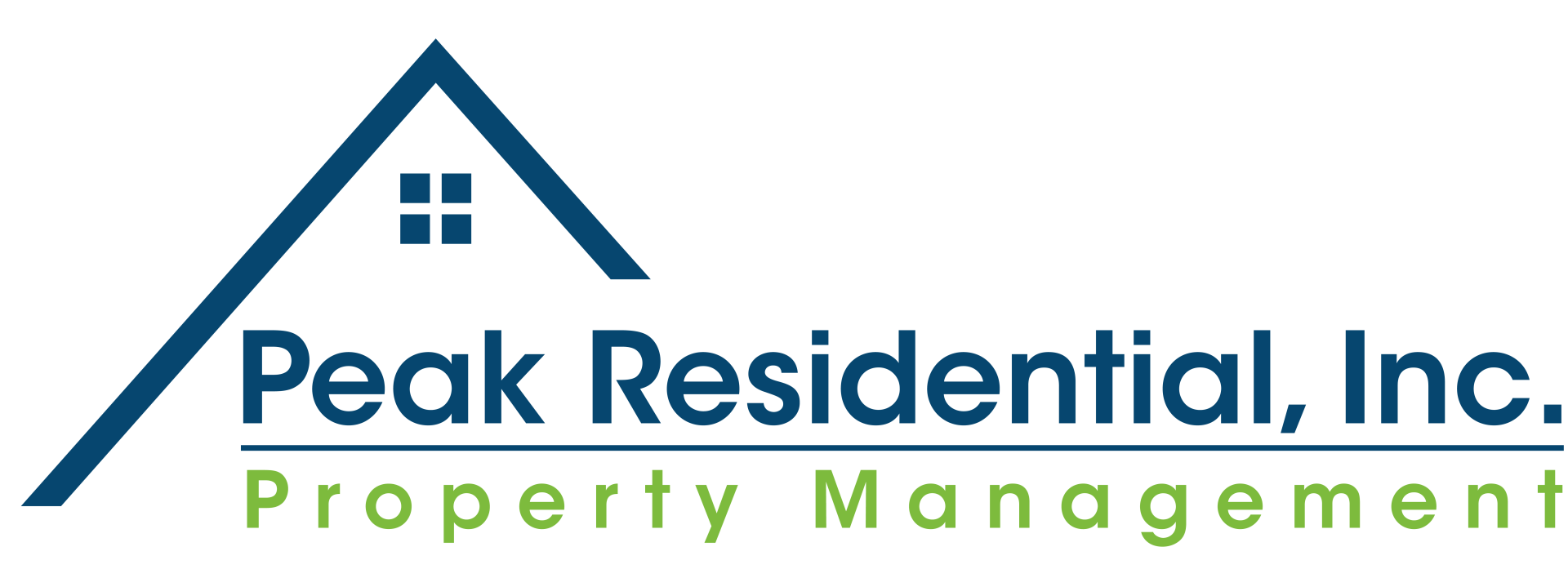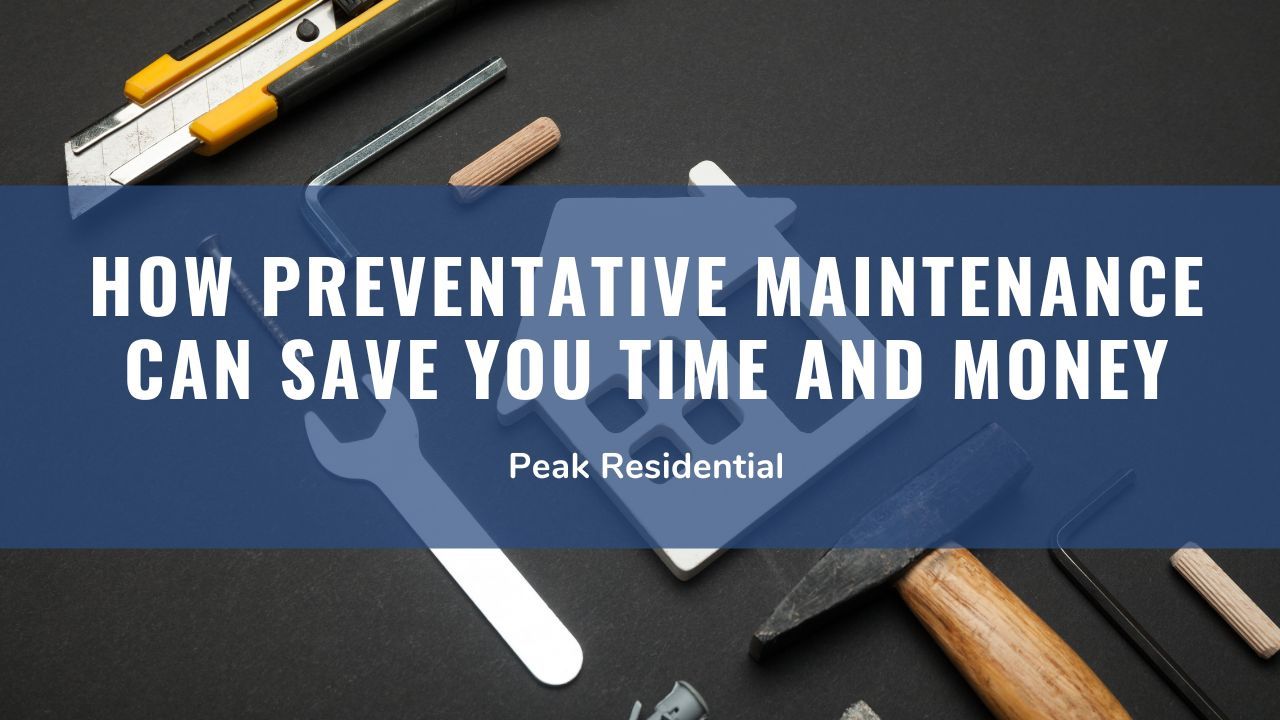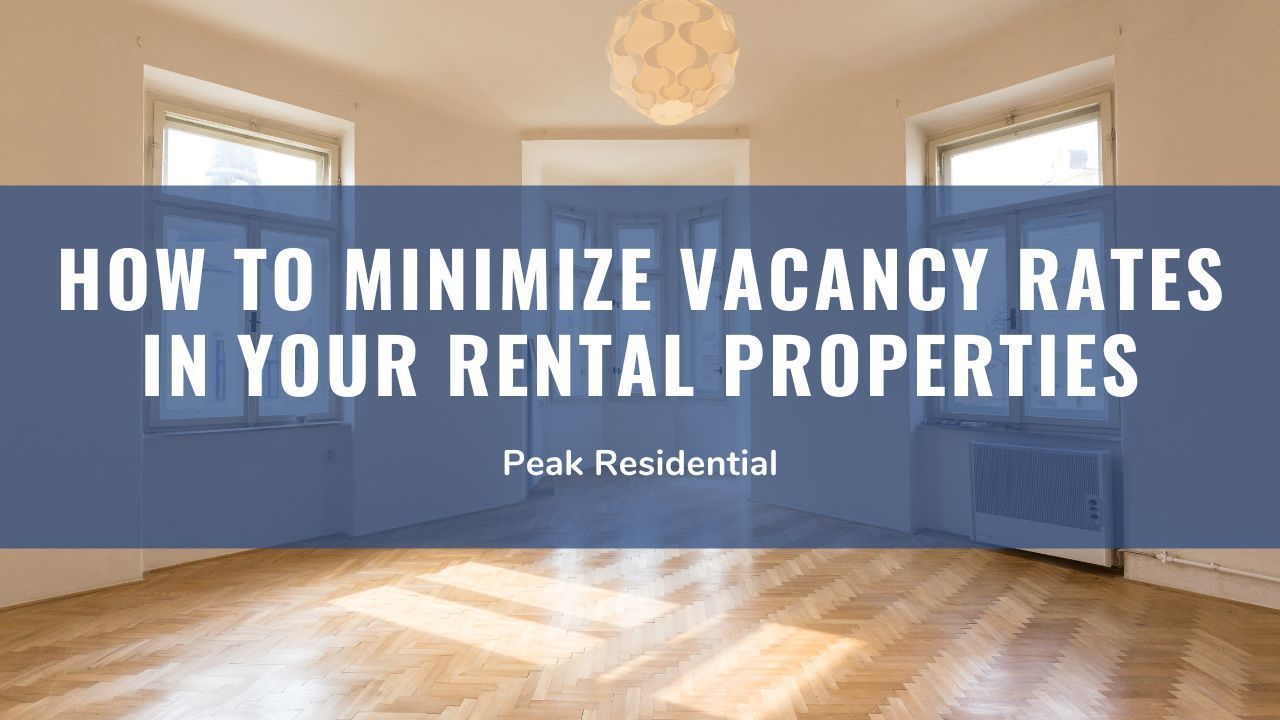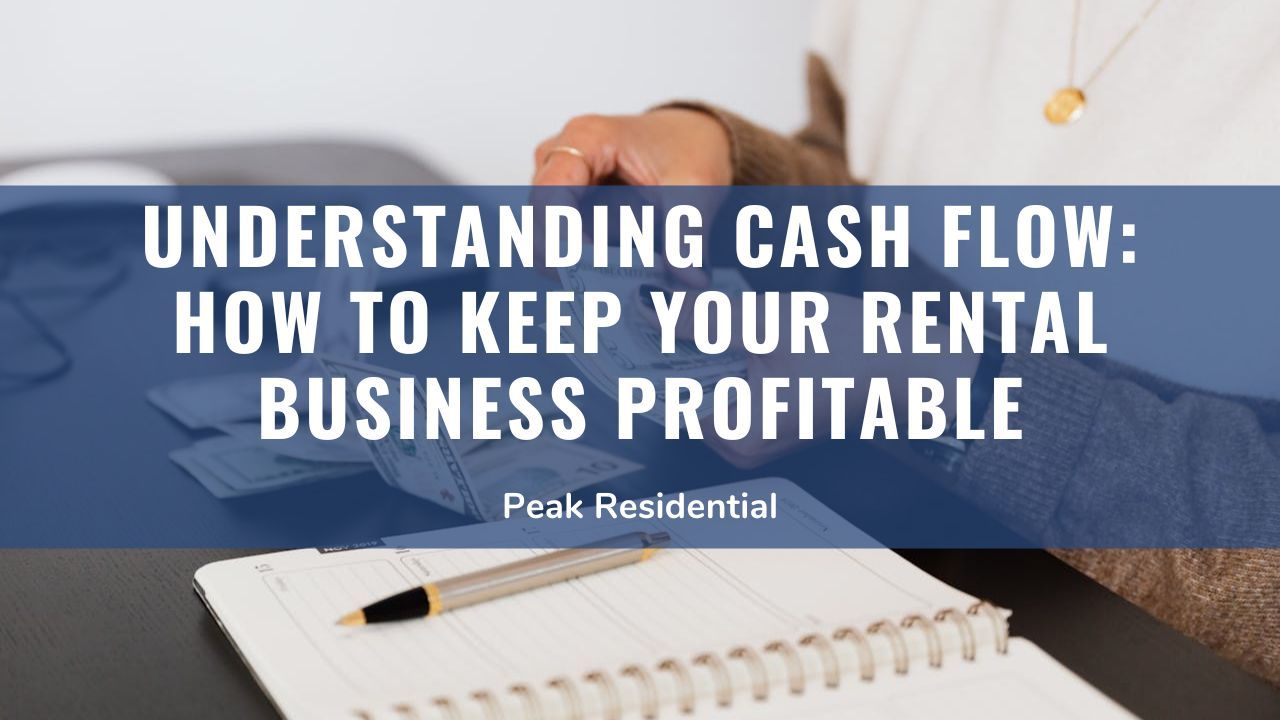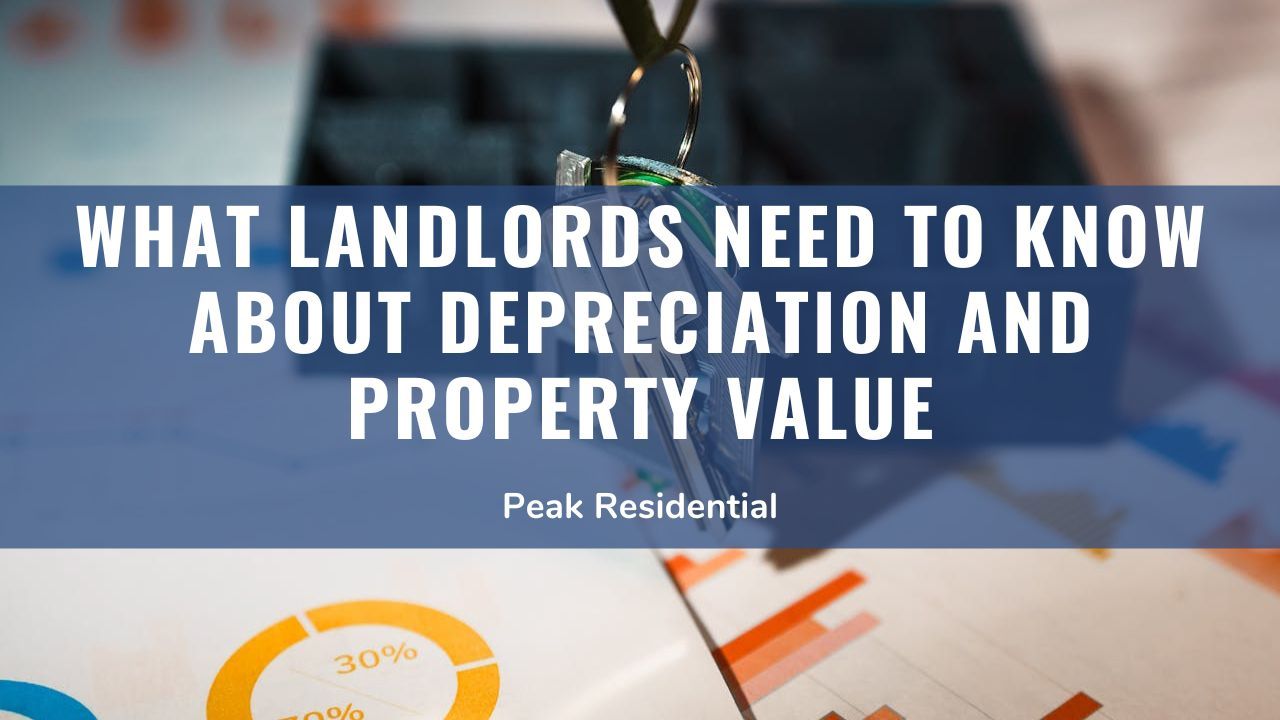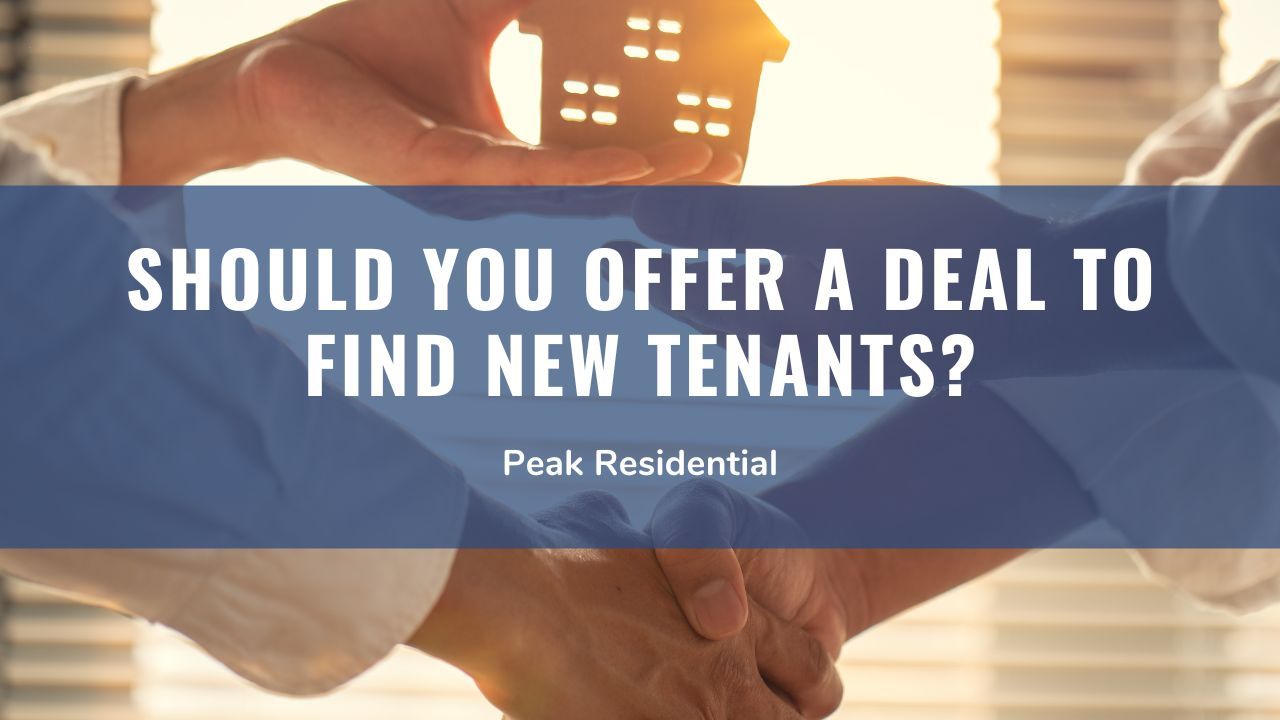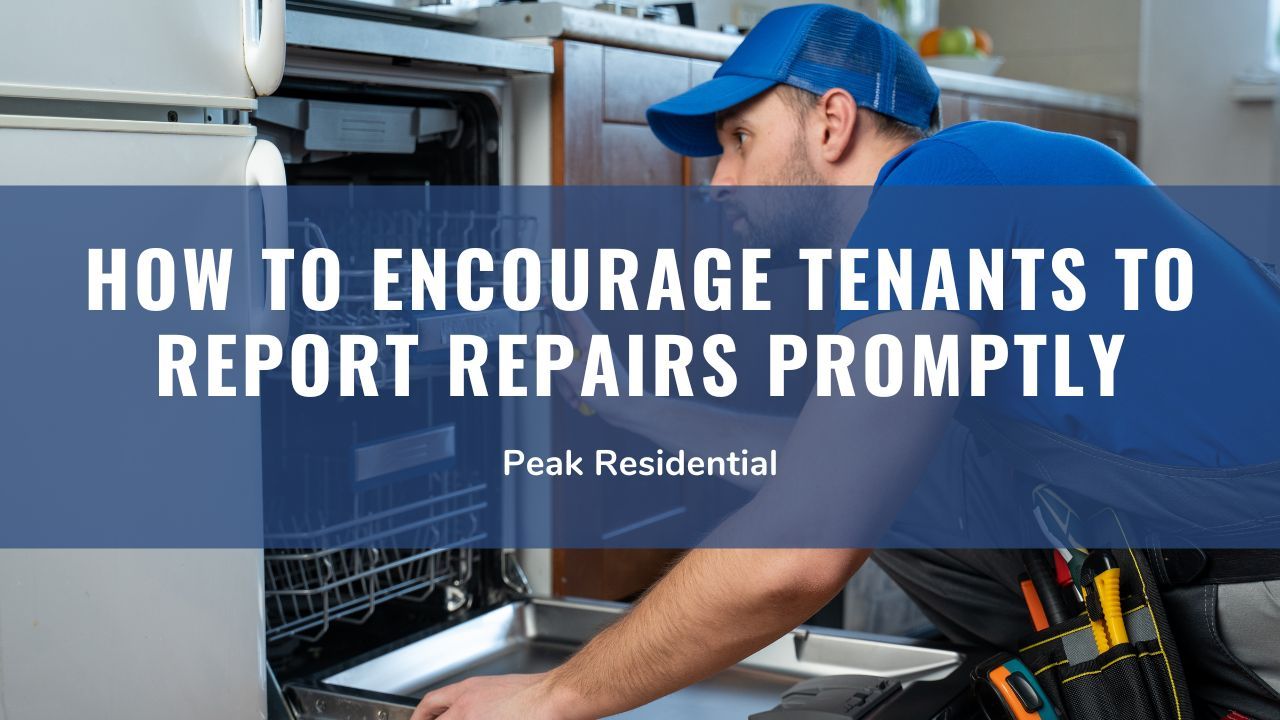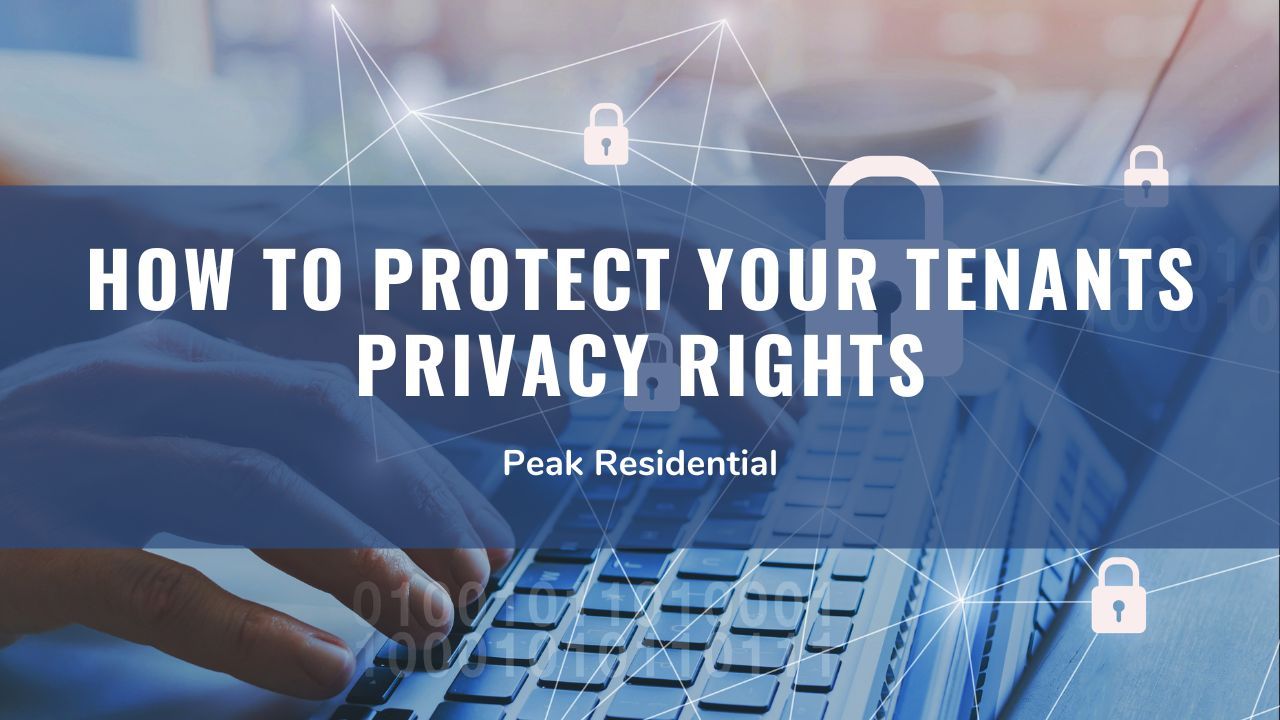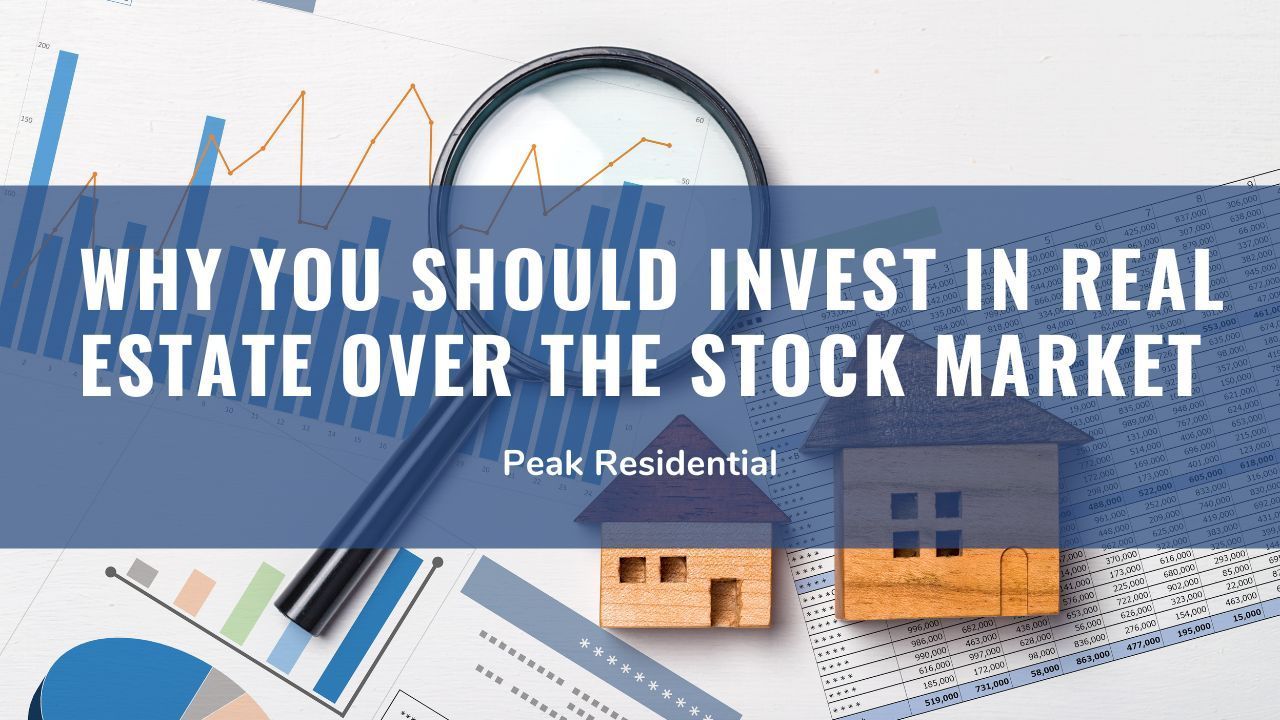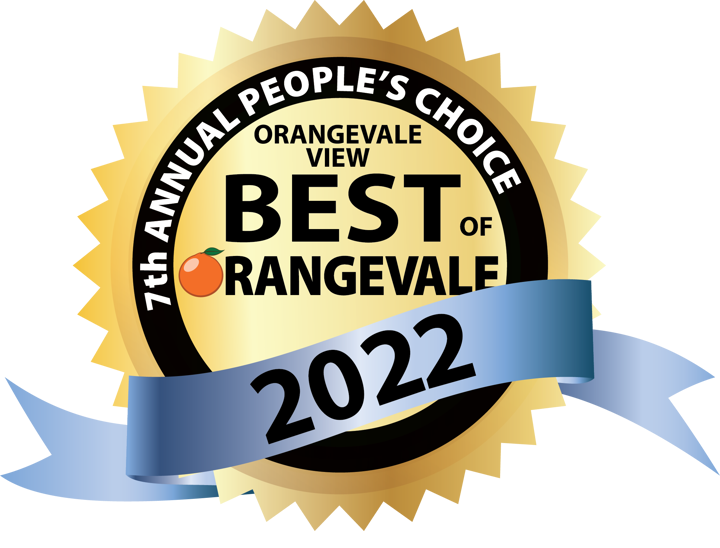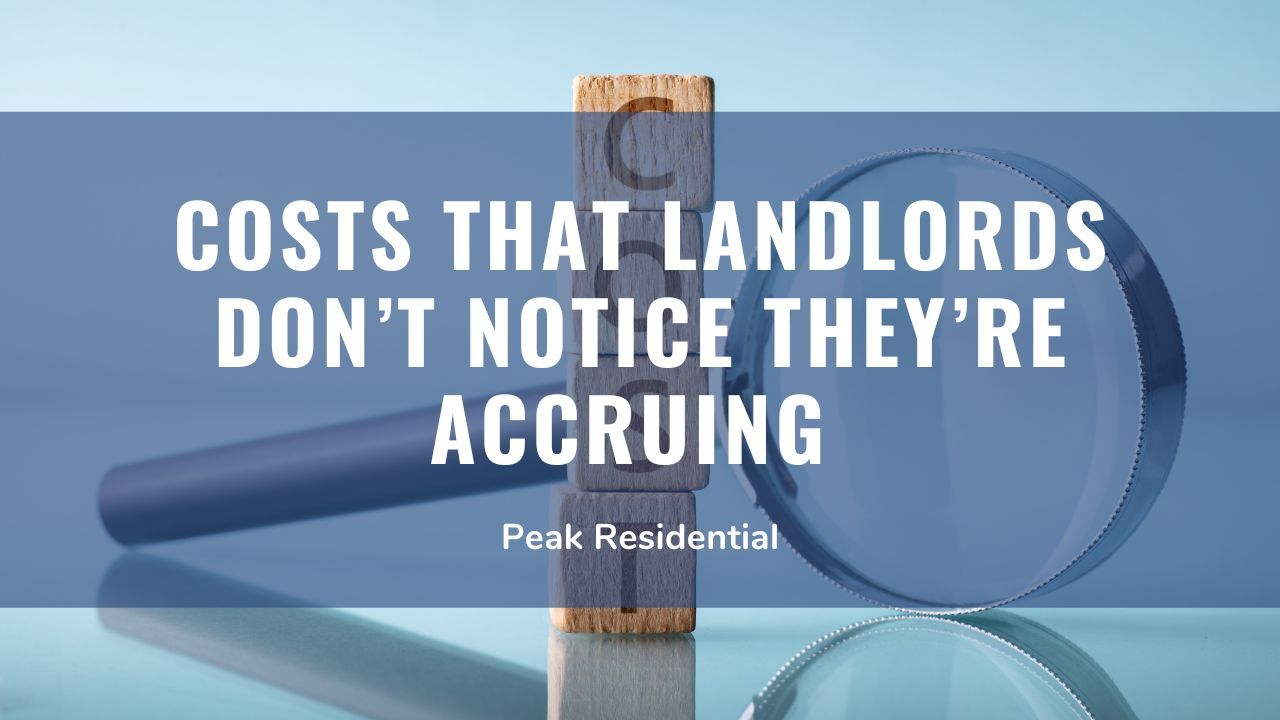
Starting a rental business is not a small investment. It's crucial to prepare for any potential expenses. Taxes and loan payments are examples of expenses that are unavoidable. Landlords need to be ready for all costs, both anticipated and unanticipated.
Unexpected costs associated with a rental property are a drain on your resources. Understanding these unforeseen expenses and factoring them into your budget can help you stay out of debt and ensure that your rental property remains profitable.
Which is why we at Peak Residential believe that if you are a landlord or want to become one, you should know the hidden costs of owning a rental property.
Upkeep and Repair
As a landlord, you are responsible for maintaining the condition of your rental property, which can entail planned repairs, emergency fixes and preventative maintenance are all completed without a hitch.
Be careful when routinely scheduling professional or contracted inspections to save you from overspending. But these inspections will still identify possible issues before they become serious ones, giving you plenty of time to plan for future large-scale projects and make proactive repairs and replacements.
Legal Fees
As a landlord, there may be times when you need legal advice, such as when creating a lease agreement or other legal document or managing an eviction. Despite the fact that legal costs can vary depending on the circumstances, you should set aside at least a few hundred dollars in case you need to hire a lawyer.
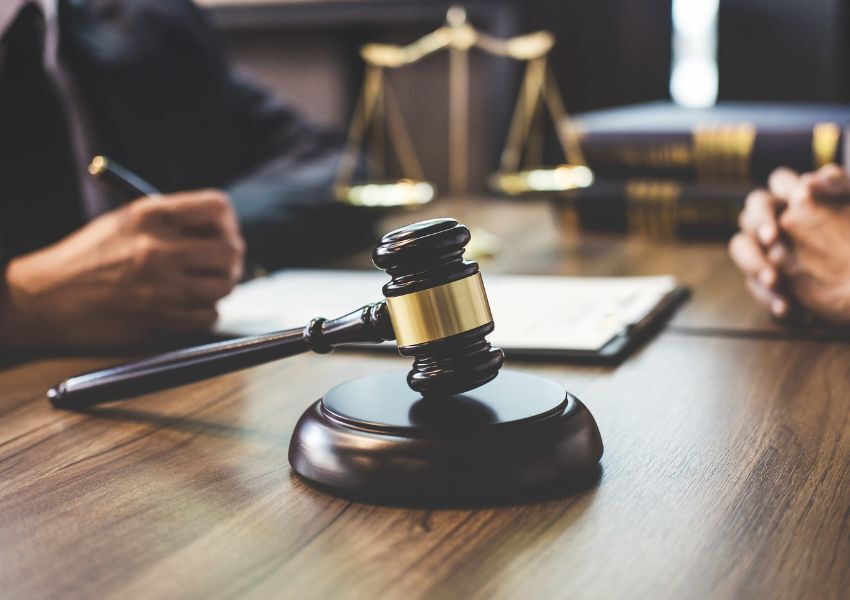
No matter what occurs in the future, this will help you stay ready. Discuss any legal services rendered regularly with your legal advisor. Make sure the firm or attorney you choose has experience and knowledge in the real estate industry.
If you find yourself hiring attorneys far too frequently, it may be a hint that your resident pre-screening procedure needs to be improved.
Taxes and Government Charges
Being a landlord entails paying a variety of taxes and government fees. Tax and other comparable fees are sometimes one of the greatest costs in the rental building. This can apply to expenses such as real estate taxes, sewage and water rates, and trash collection fees.
Special assessments for things like street maintenance or nearby new buildings may also exist in some locations, which could raise your rates. Before receiving the bill, it's a good idea to estimate the prices and your budget to avoid any unpleasant surprises.
Additionally, insurance for rental properties is typically more expensive than ordinary homeowner policies, but these extra expenditures can protect you from future bills. There are several rental property policies, so be sure to determine the best one based on your property's specific needs and the level of risk you are willing to accept.

Although it can appear to be a little expensive, there is more to it than you might realize. Tenants will expect a spotless home when they visit to view the space. It could be challenging to maintain this level of cleanliness on your own.
This is especially true in cases where the previous tenants lacked attention to detail. This implies that you will almost certainly need to hire a professional to assist you with a thorough cleaning of the property.
Additionally, you must ensure that any scratches are fixed, and the bathroom tiles are immaculate. Although this may appear to be a minor expense, it can multiply if you own different properties or your rental property experiences a high turnover rate.
Long Vacancies
The longer your property is vacant, the more expenses you could incur without any rental income to cover them. You ought to be financially ready for this circumstance. Even if renting is your primary source of income, you should have a backup plan in place to get through this vacant period.
You can set aside a fund specifically for this purpose and allocate cash that will be useful in this situation. You won't want it to happen, but there are instances when it is unavoidable.
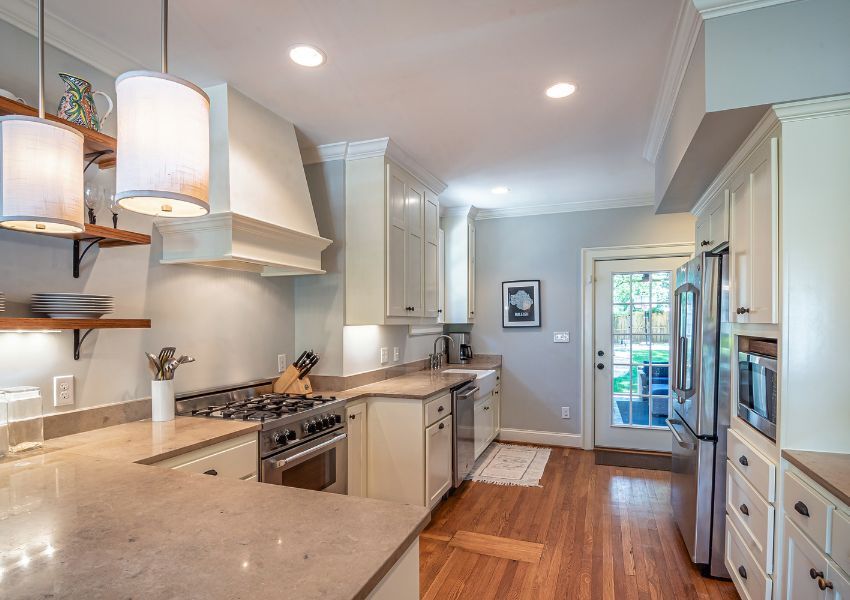
The listing of your property on several websites may incur an additional cost due to vacancies. Despite the fact that there are many free solutions, if you are not achieving success, you might want to think about paying for these advisements, which is another additional cost.
Vendors and Contractor Payables
Working with all-purpose handymen, inspectors, plumbers, HVAC specialists, roofers, and landscapers are could all involve extra costs. There can be additional fees for work performed beyond regular business hours or only phone calls.
If the work you hired professionals to do isn't done well, costs may also increase. Don't assume all of your partners have your best interests in mind. Instead, create a detailed plan that enables you to put checks and balances in place as well as screening procedures so that expenses do not mount up without your notice.
Bottom Line
Running a rental property comes with its own set of costs, some expected and some unexpected, just like any other type of business. You must account for all associated costs, not just the obvious ones, in order to ensure that your rental property is as profitable as possible. To maintain your rental business profitable, you must be ready for unforeseen costs.
Let Peak Residential property management assist you if you're unsure of the expenditures you might be incurring with your rental property. Whether they relate to these typical fees or other costs like landlord insurance, utilities, or property taxes.
